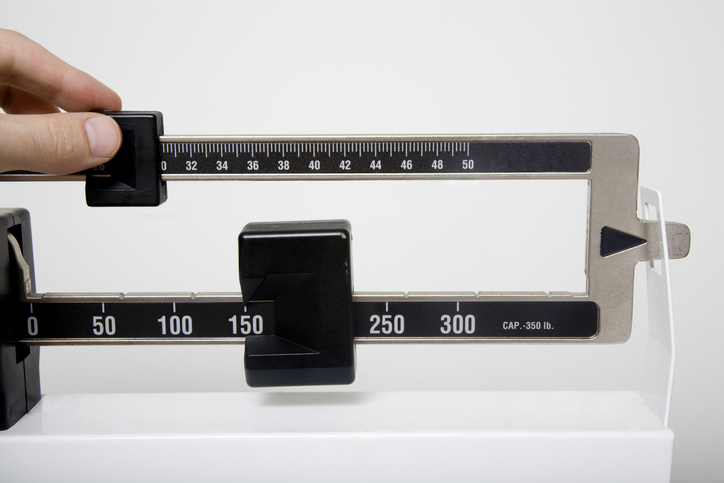Wellness
Caffeine and Pain

Caffeine is a natural chemical often found in teas, coffees, chocolates and colas. It is a central nervous system stimulant that increases blood adrenaline levels. Caffeine has no nutritional value and has both positive and negative effects on the body.
Approximately 80% of Americans consume some form of caffeine every day. Most healthy adults can safely consume 400 milligrams (mg) of caffeine per day, which is roughly the equivalent of four cups of brewed coffee.
Caffeine and pain relievers
- Benefits
Caffeine is an ingredient in some pain relievers. It can help with most types of headaches and often boosts the effectiveness of headache medications, making them as much as 40% more effective. Ibuprofen and acetaminophen act faster and manage pain longer when combined with caffeine because caffeine helps them quickly enter the bloodstream. - Drawbacks
Although caffeine intake helps relieve headaches by narrowing the blood vessels in the brain, ceasing caffeine intake causes them to expand again, inducing pain. Combining caffeine with pain relievers may treat headache pain more quickly, but it can also cause or worsen rebound headaches as the pain-relieving effects subside. Furthermore, consuming the same amount of caffeine daily can lead to tolerance of its effects.
Positive health effects
Caffeine is associated with many health benefits. It reduces inflammation in the body. Thirty-two or more ounces of caffeinated coffee may decrease the risk of oral or throat cancer. Caffeine can also ease muscle pain associated with exercising and often enhances athletic performance. Although more research is needed, it may help with terminal cancer pain. Caffeinated coffee is associated with a decreased risk of developing Alzheimer's disease and dementia, and it is also associated with a decreased risk of suicide.
Negative health effects
Although caffeine offers many benefits, too much caffeine intake can cause confusion, irritability, rapid heartbeat, anxiety, tremors, digestive issues, increased blood pressure, fertility and pregnancy issues, and increased bladder inconsistency. Caffeine also reduces the absorption of calcium in the bones, which increases the risk of osteoporosis. Furthermore, although rare, an overdose of caffeine is possible.
Caffeine is addictive, and too much can actually cause headaches. It can also negatively interact with certain medications. Any concerns about caffeine and medications should be discussed with a health care provider or pharmacist.


















